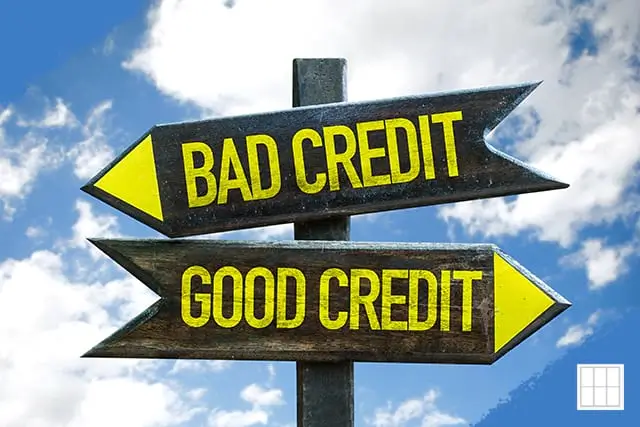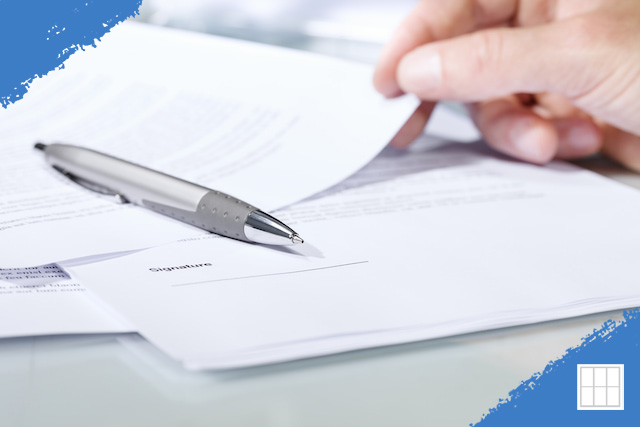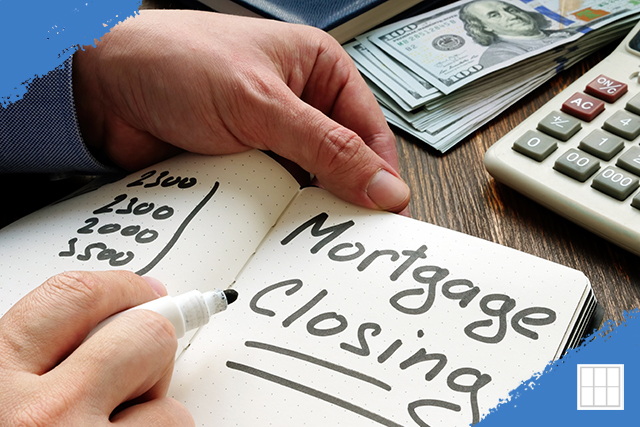When buying a home in Kansas City, understanding the impact of your credit score on…

PMI: What is Private Mortgage Insurance?
Private Mortgage insurance, also known as PMI, is a type of insurance that protect lenders if a borrower defaults on their mortgage loan. This insurance can benefit both borrowers and lenders alike, as it can help reduce the lender’s risk and give the borrower the option to make a smaller down payment. However, it is essential to understand the different types of mortgage insurance available and what each covers to make an informed decision about which option is best for you.
What is PMI?
Private mortgage insurance is a type of insurance mortgage lenders require when homebuyers put down less than 20 percent of the home’s purchase price on Conventional loans.
PMI allows homebuyers to purchase a home, even if they can’t afford the 20 percent down payment. The good news is PMI is temporary on Conventional loans. Once you’ve 20 percent equity in your home — either through paying down your loan balance or rising home values, you can contact loan servicing about removing PMI from your mortgage. Your loan servicer must terminate the PMI on the scheduled date that your loan balance reaches 78 percent of the original home’s value.
How much does PMI cost?
The range for PMI premium premiums is between 0.17 percent to 1.86 percent of the original loan amount. Most borrowers will pay between $14 to $155 monthly in PMI for every $100,000 borrowed. How much your monthly PMI costs will primarily depend on several factors:
- Your loan-to-value (LTV) ratio – Your down payment impacts how much you’ll pay for PMI. For example, with a 5 percent down payment, your LTV ratio would be 95 percent. Or, if you put a 15 percent down payment, your resulting LTV ratio would be 85 percent. When you make a small down payment, the lender assumes a greater risk, and the PMI payment will be higher based on the level of risk.
- Your credit score – Your credit score can dramatically affect the cost of your PMI. For example, someone buying a $250,000 property with a 3 percent down payment. With an excellent FICO score of 740 or greater, the monthly mortgage payment is $97 per month. However, for a buyer with a credit score between 640, those monthly payments are $299.08, a significantly higher PMI charge.
Different types of Private Mortgage Insurance
Below are several options for private mortgage insurance:
Borrower-paid mortgage insurance
Borrower-paid mortgage insurance is the most common, with the premium included in your monthly payment. The lender will handle the disbursement to the insurer each month.
With borrower-paid mortgage insurance, you may remove the insurance after reaching one of the following; 20 percent equity documented with an appraisal or 22 percent equity based on principal reduction.
Lender-paid mortgage insurance
Lender-paid mortgage insurance sounds appealing initially, but you’ll pay a higher interest rate on the mortgage. There are pros and cons to this option. You can typically improve your tax deduction and pay less overall the borrower-paid mortgage insurance. However, the drawback is that you can’t get lender-paid PMI canceled like you can with borrower-paid insurance. You would need to refinance to get rid of lender-paid PMI.
Single-premium mortgage insurance
Instead of paying regular monthly installments, single-premium PMI bundles the total cost of the insurance into a one-time payment at closing.
By paying it upfront, you’ll benefit from a lower monthly payment. However, if you sell or refinance your home before having twenty percent equity, you may end up worse off than if you went with PMI monthly.
You may want to consider applying the money to your down payment to increase your equity and shorten the period that PMI is required.
FHA mortgage insurance
FHA mortgage insurance involves upfront and monthly mortgage insurance premiums (MIP). To eliminate paying MIP, you will need a 10 percent down payment and wait 11 years. Otherwise, you would need to refinance.
How do I make PMI payments?
There are two primary ways to make private mortgage insurance payments, and these options will vary depending on your mortgage lender.
- Monthly: The most common way is paying the PMI premiums monthly, which are included in your mortgage payment. This allows you to spread out the premiums, thereby reducing a sizeable initial premium.
- Upfront: Another option is paying upfront PMI, meaning you pay for the total PMI premium at closing. Although your monthly mortgage payment will be lower, you will dramatically increase the amount needed for closing. Additionally, you may want to compare using these funds towards your down payment, reducing the PMI term and increasing your equity.
Your lender can help you make an informed decision on which option is best for you.
Do all mortgage lenders require Private Mortgage Insurance?
Yes, the PMI is paid monthly, upfront, or subsidized into your interest rate. Conventional mortgages with a down payment of less than 20 percent Lenders require PMI.
A government-backed mortgage, like VA Loans, does not require it. However, you must have served in the military to qualify for this program.
FHA loans also require mortgage insurance. Although, in some cases, the monthly costs can be less than conventional PMI. However, you can’t cancel the mortgage insurance if you put less than a 10 percent down payment. FHA is ideal for borrowers with lower down payments and credit scores.
Is there any advantage to paying PMI?
The most significant benefit of paying PMI is not waiting to save the 20% down payment to buy a home.
Instead of waiting to save for the down payment, PMI allows you to stop renting sooner. Historically, homeownership has been an effective long-term wealth-building tool, so owning your own home now versus later will enable you to start building equity sooner. As a home appreciates, you improve your net worth, and home prices generally appreciate at a percentage higher than what you’re paying for PMI. Therefore, your monthly premiums are helping you get a positive return on your investment.
Is PMI tax-deductible?
The Consolidated Appropriations Act, as updated, extends through 2025 and permits the qualified deduction of mortgage insurance premiums on IRS Form 1040, Schedule A. However, this deduction begins to phase out for taxpayers when their adjusted gross income (AGI) surpasses $100,000 (or $50,000 for those married filing separately).
How to avoid paying Private Mortgage Insurance?
To avoid PMI for most loan programs, you will need at least 20 percent of the home’s purchase price for a down payment. For example, if you purchase a home for $300,000, you need $60,000 for the down payment. Otherwise, you can request to cancel the PMI once you have sufficient equity.
Some loan programs, such as a VA loan, offer no PMI or down payment. However, you must have served in the military to qualify for this program.
Some borrowers may be able to receive a gift from a family member for the down payment. Almost all loan programs allow gifts for your down payment and closing costs.
Bottom line
Private mortgage insurance, or PMI, is a type of insurance that helps protect lenders if a borrower defaults on their home loan. When you take out a mortgage, your lender will require you to purchase PMI if your down payment is less than 20% of the home’s total cost.
Metropolitan Mortgage has been in business since 1997, and we have assisted more than 10,000 families in financing their homes in the Midwest. If you are looking for a direct lender in Overland Park and the greater Kansas City metropolitan area, we can help. Metropolitan Mortgage offers mortgage lending in the states of Kansas and Missouri.



